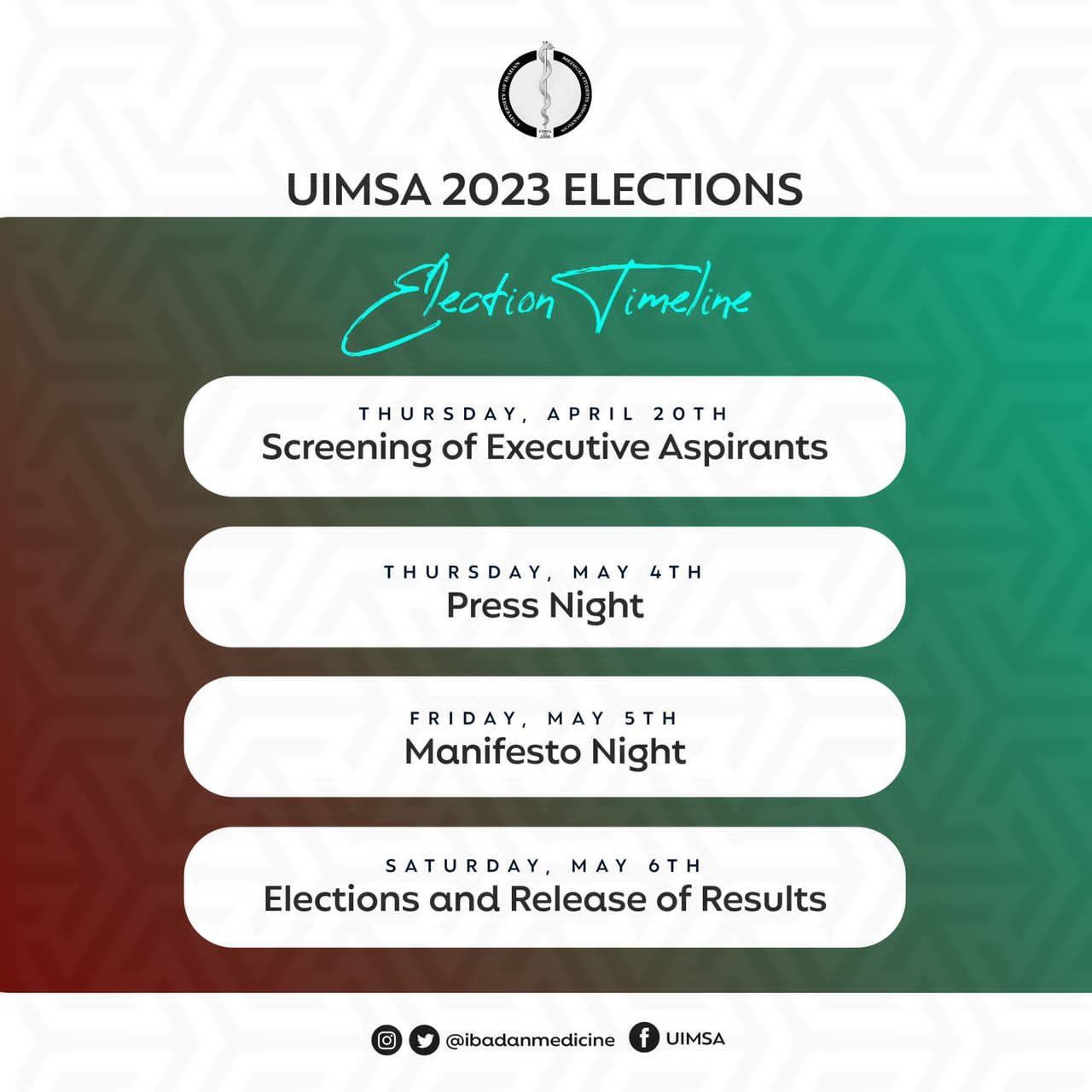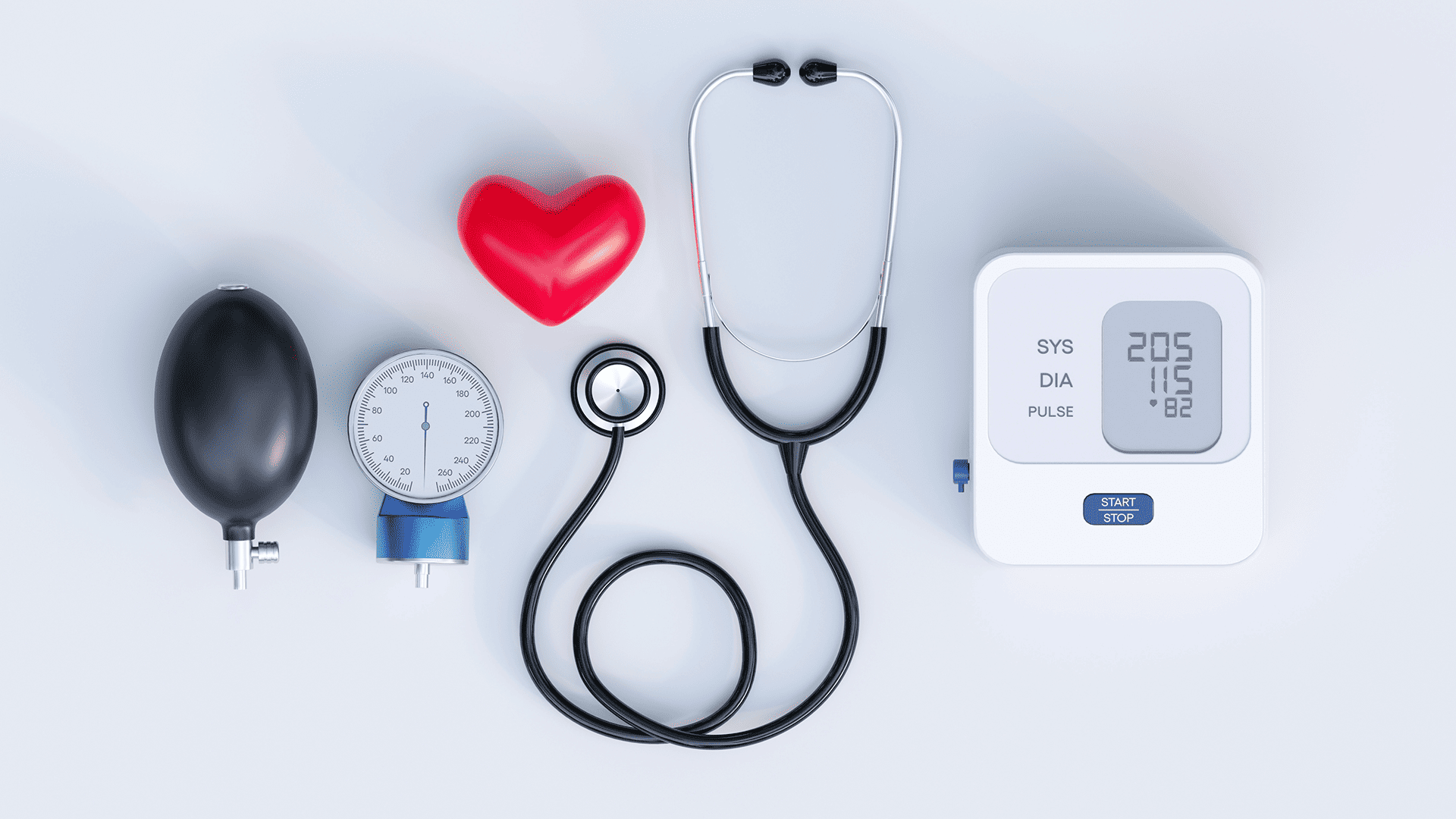Healthcare Hero: Dr Stella Ameyo Adadevoh
The COVID-19 pandemic was a life-changing event for all of Earth. Nigeria recorded a relatively low mortality rate; whether that was due to poor record keeping or a divine stroke of luck may forever remain unknown. What is however known is that precautions were not put in place until it was almost too late; the restrictions placed on travelling only after a case of the virus had been detected comes to mind. Having had a close shave with a deadly virus in the past, we should have been better prepared. But that is a story for another day. You have probably heard the saying that not all heroes wear capes. This is the story of a hero who walked amongst us; Dr Ameyo Adadevoh.
Adadevoh, the Person
Ameyo Stella Adadevoh was a physician and a consultant endocrinologist. Born on the 27th of October 1956, she completed her elementary and secondary education in Lagos and Ibadan respectively before proceeding to study medicine and surgery at the University of Lagos where she graduated in 1980. She then completed the one-year mandatory housemanship and a residency in endocrinology at the Lagos University Teaching Hospital, before proceeding – with the help of a British Council Scholarship – to complete a fellowship in endocrinology at Hammersmith Hospital, London. She was the Lead Consultant physician and endocrinologist at First Consultants Medical Centre, Lagos where she had worked for twenty-one (21) years before her unfortunate demise at the hands of the Ebola virus in 2014.
While many are aware of the feat she played in preventing a devastating epidemic, only a few know of the line of excellence from which this hero emerged. Ajayi Crowther was the grandfather of Herbert Macaulay who in turn was the great-grandfather of Ameyo Stella Adadevoh. Her great-great-grandmother Sara Forbes Bonetta was Queen Victoria’s goddaughter. In addition, Nigeria’s first President, Nnamdi Azikiwe, was her maternal great-uncle. Her father, Babatunde Kwaku Adadevoh was a physician and the fourth Vice-chancellor of the University of Lagos. The stories of Adadevoh’s forebears are a walk through history, a tribute to the resilience of Nigeria and Africa at large.
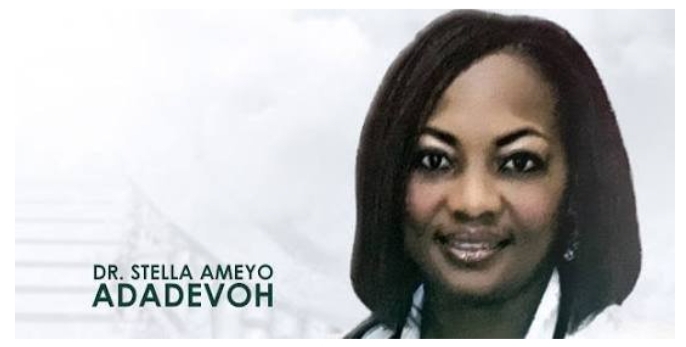
Earning her stripes
The great-granddaughter of Herbert Macaulay did not achieve national recognition by chance. She was described by many of her colleagues as an intelligent, diligent physician who did not give up at the sign of the first obstacle. Dr Adadevoh was the first doctor to diagnose the H1N1 swine flu in Nigeria and alert the Ministry of Health in 2012. In a bittersweet twist of fate, she also successfully diagnosed the first case of the Ebola virus barely two years later.
On the 20th of July 2014, Patrick Sawyer, a Liberian-American arrived in Lagos, Nigeria from Liberia via ASKY Airlines to attend a conference of the Economic Community of West African States (ECOWAS) in Calabar. He collapsed on getting to the Muritala Muhammad Airport and was taken to First Consultants Medical Centre-a private hospital, as resident doctors in government-owned hospitals nationwide were on an indefinite strike.
The first doctor who examined him diagnosed malaria; the early-stage symptoms of the Ebola virus disease are quite similar to those of the ubiquitous tropical disease. However, Dr Adadevoh suspected the virus. Sawyer denied having been exposed to the virus, when in fact he had been suspended and isolated from work when it was discovered that he had been in contact with his sister who died from the virus.
Dr Adadevoh immediately contacted the Lagos State and Federal Ministries of Health to ensure that the patient got tested. She came under intense pressure from the patient and Liberian authorities to discharge Sawyer so he could attend the ECOWAS conference. The Liberian ambassador to Nigeria contacted the Medical Director of the hospital, threatening to institute a lawsuit, and accusing the hospital of kidnap and abuse of human rights. Dr Adadevoh and the management of the hospital however refused to release the patient in the interest of the public good.
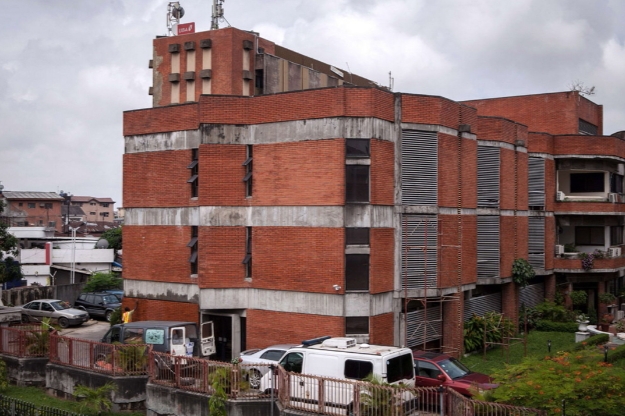
Mr Patrick Sawyer was confirmed to be carrying the virus. Dr Adadevoh and her team did their best to treat him despite very limited resources. She also attempted to keep him in isolation – even while he resisted physically – going as far as barricading his door with wood. Patrick Sawyer died on the 25th of July; five days after landing. The Nigerian government declared a national public health emergency and was able to track and follow up on five hundred and twenty-nine (529) people who had had contact with Sawyer from the plane to the hospital. A total of nineteen people (all traced to Sawyer) were infected. An Ebola Emergency Operations Centre was set up and thousands of lives were saved. The World Health Organisation declared Nigeria to be free of the virus on the 20th of October 2014. But for Adadevoh and three of her colleagues, it was too late. She was confirmed to have contracted the virus on the 4th of August and died in quarantine on the 19th of August 2014. Her corpse was decontaminated and cremated by the Lagos state government.
Healthcare, don’t care; Reflections on Nigeria’s healthcare situation
The containment of the Ebola virus in Nigeria was nothing short of miraculous. This is even more so, considering the period during which it happened. Resident doctors happened to be on strike at a period when a deadly epidemic with an average fatality rate of 50% was raging in neighbouring countries. The irony is that the strike eventually became a blessing in disguise as taking Mr Sawyer to a government-owned hospital with its attendant issue of inadequate sanitation linked to ineffective disease control would have been disastrous.
Harassment of healthcare providers is also rampant as evidenced in Dr Adadevoh’s case. Just a year before the unfortunate series of events, a study published by the Nigerian journal of medicine in a hospital in southeastern Nigeria reported that 88.1% of the respondents had experienced workplace violence.
And while we praise Dr Adadevoh for the heroism that led to her paying the ultimate sacrifice, we should not forget that until December 2021 (when it was reviewed to N15,000-40,000 depending on the healthcare professional in question), the hazard allowance for Nigerian health workers was a measly N5,000.
Honouring a hero
It is only fitting that “the labour of our heroes past” never be in vain. Dr Ameyo Stella Adadevoh saved us all from a national health crisis, possibly even a global one. She stood firm in the face of persecution and gave her life. Several heartwarming tributes littered newspapers around the country following Dr Adadevoh’s death. Sadly, she was omitted from the national honours in 2014. This was explained away by the Senior Special Assistant to President Jonathan on Public Affairs, Dr Doyin Okupe who claimed that the establishing laws of the national honours made it impossible for them to be awarded posthumously. However, this was disproved in 2018, when the late MKO Abiola was awarded a national honour.
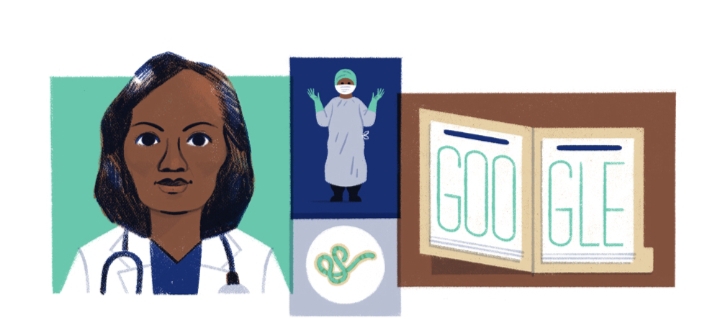
93 days, a drama thriller film was directed and co-produced by Steve Gukas in 2016 to recount the Ebola outbreak and its successful containment. The film was dedicated to Dr Ameyo Adadevoh. In February 2020, a major road in Abuja was renamed after her. And though a tiny gesture compared to her enormous sacrifice, it was still a step in the right direction. She has received not less than nineteen (19) posthumous awards, both local and international.
She is survived by her husband and son, Afolabi Cardoso and Bankole Cardoso. The Dr Ameyo Stella Adadevoh Health Trust (DRASA), a non-profit health organisation was created in her honour and continues to promote sanitation to reduce the spread of infectious diseases and strengthen Nigeria’s health security and emergency preparedness.
Idris Oladosu and Aisha Ibrahim
References
https://en.m.wikipedia.org/wiki/Ameyo_Adadevoh
https://www.drasatrust.org › dr-adad…Dr. Ameyo Stella Adadevoh – DRASA Health Trust
https://guardian.ng/sunday-magazine/remembering-ameyo-stella-adadevoh-the-ebola-heroine/
https://www.google.com/amp/s/www.bbc.com/nehttps://www.thehistoryville.com/ameyo-adadevoh-ebola-virus/
